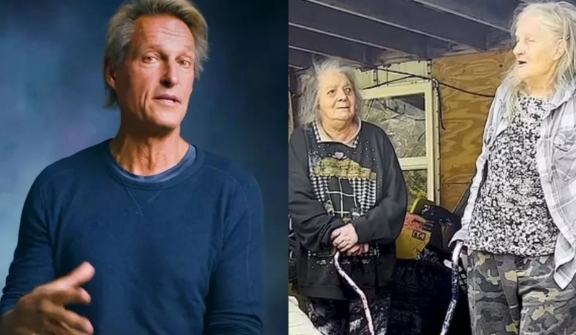
Mark Laita, a YouTuber, has spent years documenting the lives of the Whittaker family, considered the 'most inbred family' in America.
The Whittakers live in a remote hamlet called Odd in West Virginia, and Laita has been granted rare access to their unconventional lifestyle.
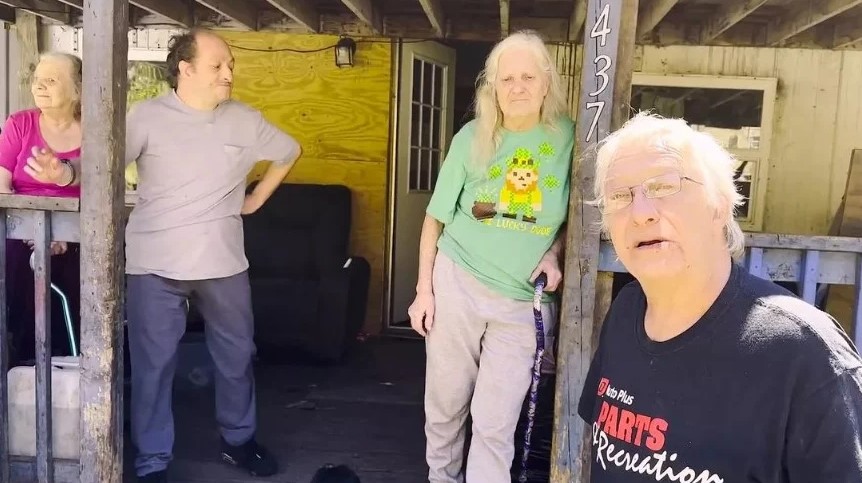
Initially, Laita faced resistance from the family's protective neighbors, who were concerned that the Whittakers might be taken advantage of and exploited.
The filmmaker described his first encounter with the family as "the craziest thing I have ever seen," with the family members behaving erratically and appearing to be physically and mentally unwell.
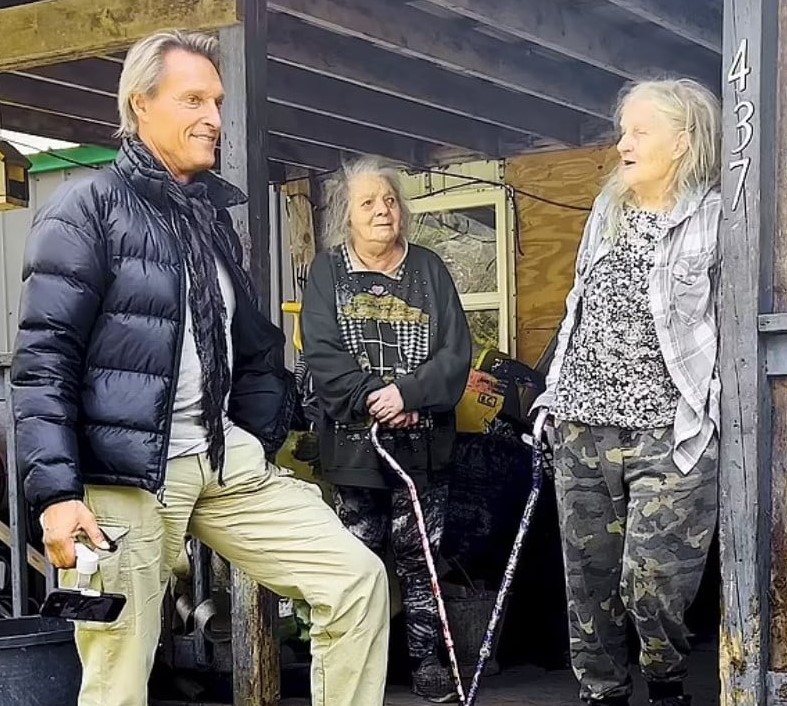
In his video, Laita has warned others against trying to visit the Whittakers on their own.
He explained that the family is protected by the neighbors and the relatives who do not appreciate outsiders coming to "ridicule them."
Laita also acknowledged that it can be difficult to confirm the extent of the family's inbreeding, but he believes it is at least partly responsible for the mental and physical abnormalities observed in some of the family members.
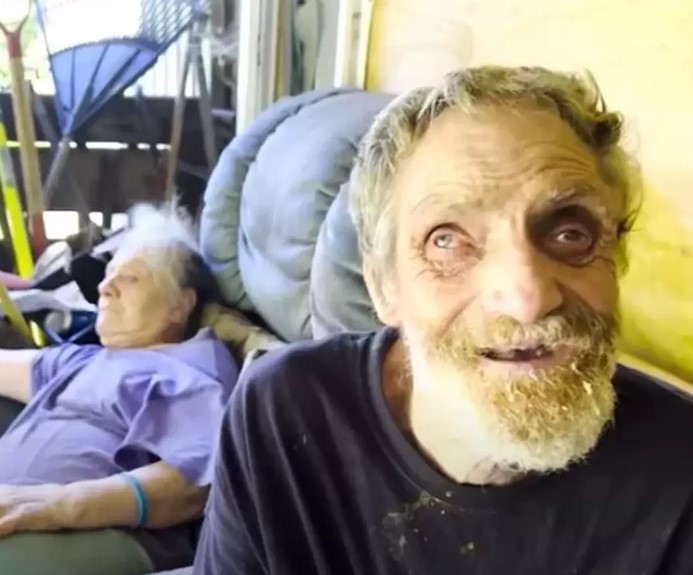
Despite the challenges, Laita has been able to document the lives of the Whittakers, including interviews with siblings Betty, Lorraine, and Ray, as well as their cousin Timmy.
However, the filmmaker now says that the family has been lying to him the whole time, suggesting that there may be more to their story than he initially believed.

The initial betrayal was when Laita announced the death of 67-year-old Larry Whittaker, and even donated $1,000 towards his funeral expenses.
Laita was further deceived when he gave $700 to Larry's daughter, BJ, thinking it would help her start a new life in North Carolina.
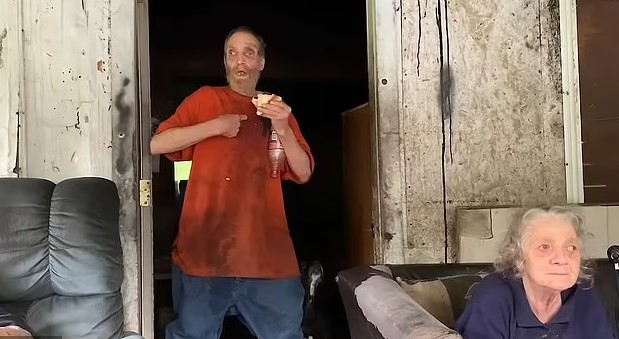
However, Larry kept the money instead of supporting his daughter as promised.
Realizing the Whittakers' ongoing deception, Laita has decided to completely cut ties with the family. He expressed frustration at being lied to repeatedly, including by other family members like Kenneth.
Furthermore, the YouTuber also discovered that the Whittakers were receiving state financial support even before Laita started documenting them.




